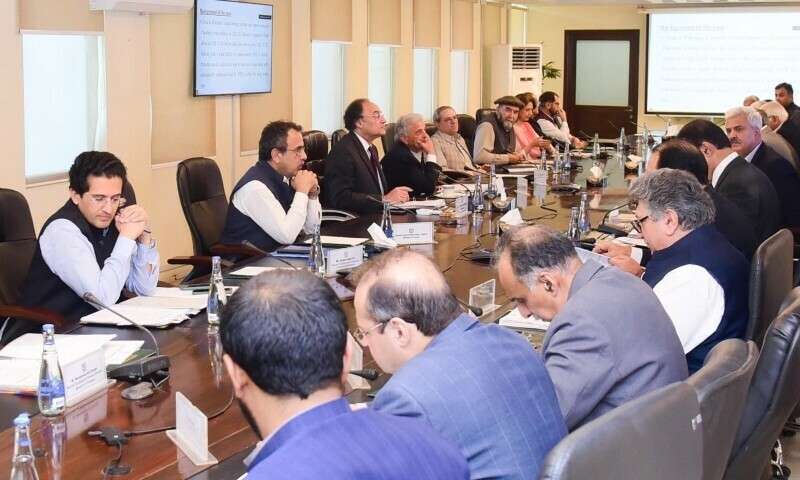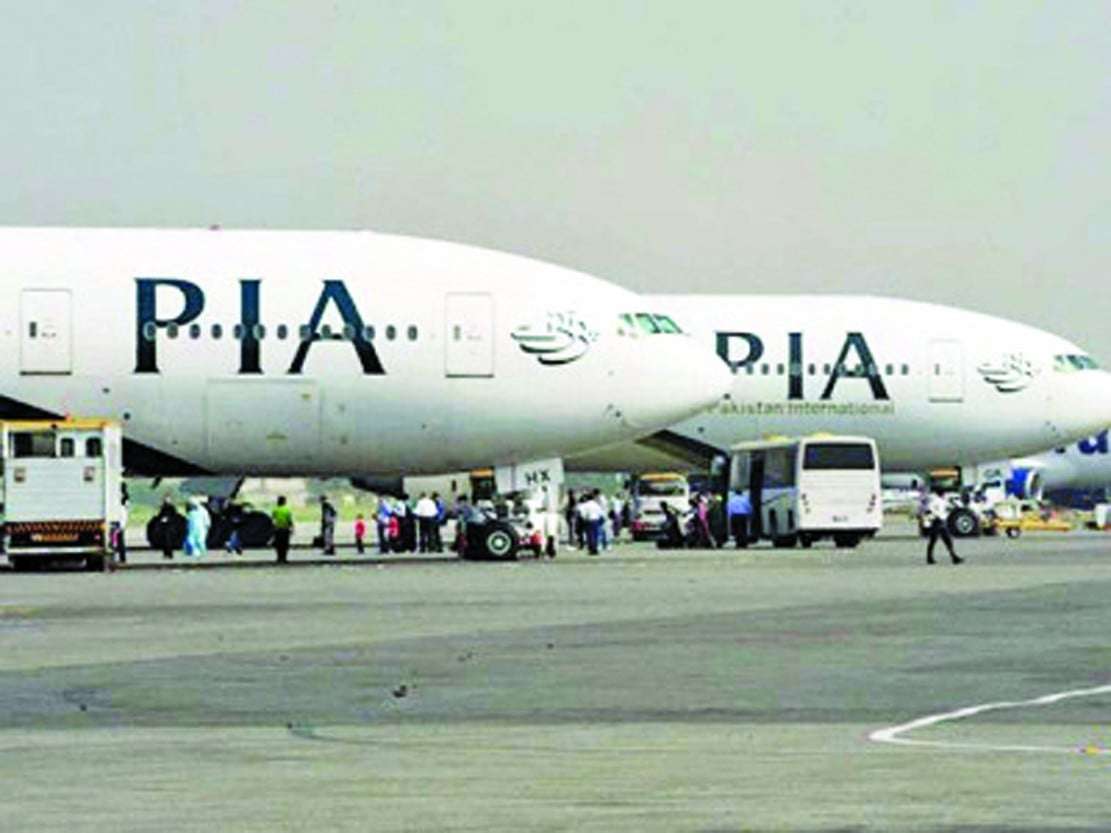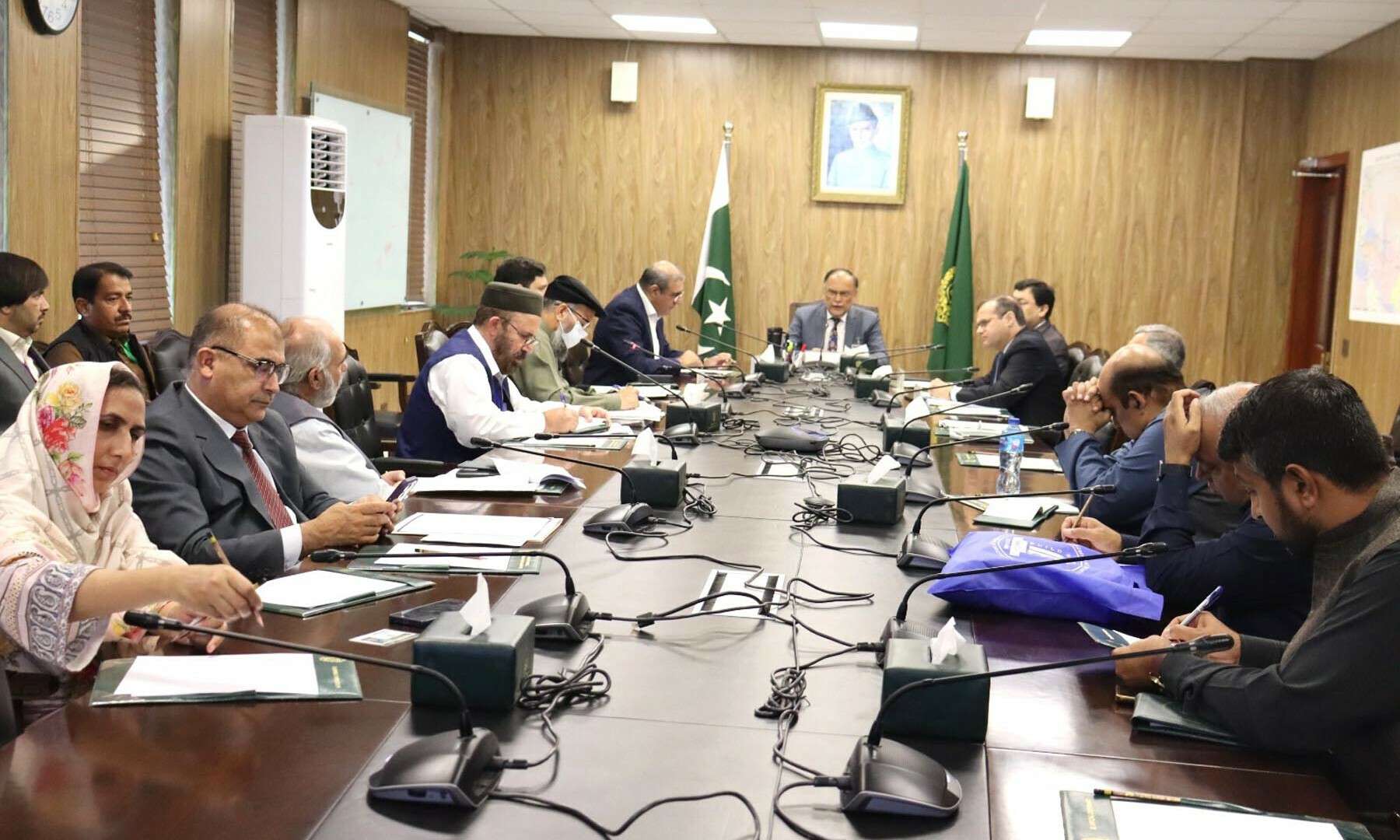As the wheat sowing season begins, provinces are raising concerns regarding the quality of wheat stored in the public sector, questioning its safety for public consumption. This issue surfaced during an Economic Coordination Committee (ECC) meeting chaired by Finance Minister Muhammad Aurangzeb, where around Rs36 billion in supplementary grants was approved, including Rs2 billion for VVIP aircraft used by the president and prime minister.
During the meeting, it was revealed that approximately 550,000 tonnes of imported wheat from the 2021-22 season remain with the Pakistan Agriculture Storage and Services Corporation (Passco), accumulating a carrying cost of Rs87 billion. Although this wheat was imported to meet provincial demands, it has not been collected, leading to financial strain on Passco.
In response, Passco proposed a 50:50 distribution of local to imported wheat to Khyber Pakhtunkhwa and Gilgit-Baltistan due to the significant cost disparity—imported wheat costs about Rs6,000 per 40 kg, nearly double the domestic price. However, Khyber Pakhtunkhwa’s food secretary raised concerns about the imported wheat’s safety for consumption, yet failed to provide laboratory evidence to support this claim.
Conversely, Passco officials defended the quality of their wheat stocks, stating that they are regularly fumigated and replenished. Gilgit-Baltistan also reported an additional subsidy cost of approximately Rs20 per kg.
ALSO READ:
https://flarenews.pk/2024/11/02/fortnite-chapter-2-remix-a-nostalgic-journey-with-a-musical-twist/
In light of these concerns, ministers recommended quality testing for all wheat stocks before distributing them to regions experiencing shortages. The ECC discussed a proposal from the Ministry of National Food Security and Research to allocate Passco’s domestic and imported wheat stocks to wheat-deficient agencies for the 2024-25 food year. They agreed that wheat would be allocated on a 50:50 ratio until the imported stock is fully disposed of and mandated quality testing prior to dispatch to the seven deficit regions.
In other decisions, the ECC approved a Rs252.7 million technical supplementary grant for the Capital Development Authority to ensure civic services at the Prime Minister’s Office and staff colony, reallocating funds from the Ministry of Housing and Works. Furthermore, Rs1.8 billion was allocated to the Ministry of Defence for engine overhauls on two VVIP aircraft used by the president and prime minister.
Additionally, the ECC approved Rs2.939 billion for the Directorate General of Immigration and Passports to acquire two e-passport personalisation systems and six desktop personalisation machines, enhancing public services. A transfer of Rs30 billion was also approved for the Sindh government as part of the Flood Response Emergency Housing Project to aid in flood relief efforts, as outlined by the Finance Division’s release strategy. Lastly, Rs376 million was granted to the National Accountability Bureau for expenses related to the Recovery and Reward Rules 2002, and Rs226.7 million was allocated to support Pakistan’s trade and investment missions in China.



